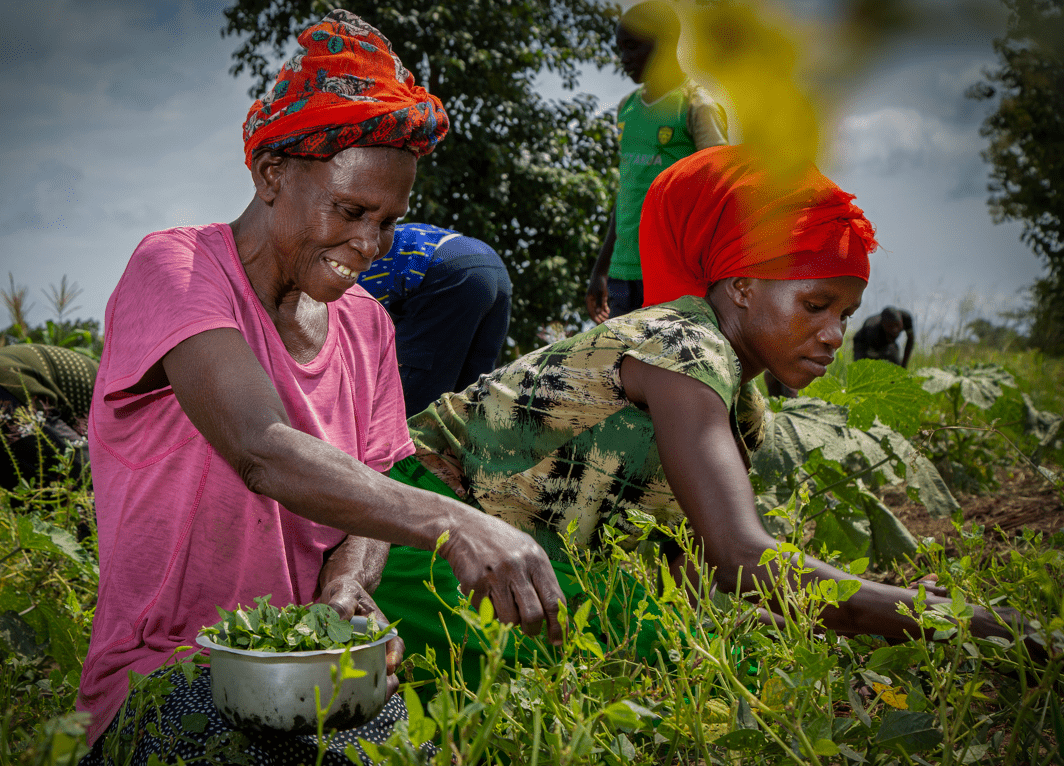International Day for Elimination of Violence against women: Implement Policies that Protect Women and Girls against GBV

(ESAFF Uganda) – Today, 25 November, marks the beginning of the worldwide 16 Days of Activism – a time when we are all encouraged to show support, raise awareness, and take action against gendered violence. Despite the UN General Assembly’s adoption of the Convention on the Elimination of All Forms of Discrimination Against Women (CEDAW) in 1979, violence against women and girls remains a serious problem in all countries. The 25th of November has been observed as a day against gender-based violence by supporters of women’s rights since 1981.
A global initiative to stop violence against women and girls has been spearheaded by the UN Secretary-General and UN Women since 2008. Increased activism, discourse opportunities, and understanding of the issues are encouraged by the campaign. The purpose of this year’s campaign is to encourage all members of society to support those who struggle for women’s rights all around the world and to take up the cause of ending violence against women and girls.
Two out of every three women are thought to have experienced abuse at some point in their lives globally. The growth of agribusiness, land grabbing, a lack of measures to protect peasants, particularly women, and other factors all contribute to the escalation of violence in rural areas. The fulfilment of women’s and girls’ human rights as well as equality, progress, and peace continue to be hampered by violence against women. Overall, ending violence against women and girls is essential to achieving the Sustainable Development Goals (SDGs), which aim to “leave no one behind.”
“Women everywhere need to be assured of their human rights and comprehensive public health care. Many women give up filing complaints because of various policies, which try to protect and give priority attention to women victims of gender-based violence, which have been shown to be ineffective. Survivors are re-victimized through protracted and tiresome legal proceedings.”- Masudio Margaret, Small scale farmer, Adjumani District
ESAFF Uganda creates an environment that helps women succeed in ensuring food and nutrition amidst climate change through advancing agroecology, preventing and responding to Gender-Based Violence (GBV) in the agricultural value chain using the Gender Action Learning System (GALS) which addresses power issues between communities and service providers, religious and traditional authorities, and private sector and government actors. The methodology is a mentoring approach for small-scale farmers to alleviate poverty among their households, building women’s seed rights using the farmer field school in participatory plant breeding, promoting secure women land rights as well ensuring women’s leadership and meaningful participation in all agricultural policy formulating processes. With these interventions, many women under ESAFF Uganda have had a pivot point to reduce their vulnerability to domestic violence.
“One of the major challenges in communities is many women feel inferior thus they do not challenge or uplift themselves to fight for their rights as given to them in the constitution. In my community, I empower my fellow women small scale farmers as well as sensitize men to become change agents and inspire other men to do the same so that women can have equal opportunities and put an end to Gender Based Violence.”- Okot Christine, Small scale farmer, Gulu district.
The United Nations Declaration on the Rights of Peasants and Other People Working in Rural Areas(UNDROP) states that peasants especially women have the right to effective and non-discriminatory access to justice, including access to fair procedures for the resolution of disputes and to effective remedies for all infringements of their human rights. It further highlights that states shall provide for non-discriminatory access, through impartial and competent judicial and administrative bodies, to timely, affordable and effective means of resolving disputes in the language of the persons concerned, and shall provide effective and prompt remedies, which may include a right of appeal, restitution, indemnity, compensation and reparation.
Small-scale farmers therefore call for mechanisms to ensure that justice systems are aware of gender issues so they can treat victims with empathy and respect when handling these cases, as well as political and economic conditions on the part of the State that ensure sufficient experts and respect for the dignity of the survivors. Small-scale farmers further call on the Government to fund public programs that prevent and address gender-based violence.
During the 16 days of Activism, ESAFF Uganda will popularise the campaign on all social media platforms and record women voices on their experiences on Gender Based Violence.
